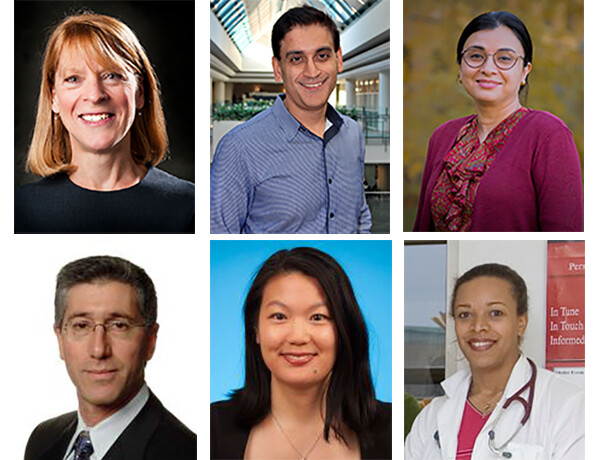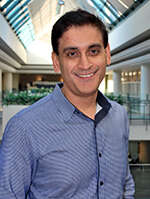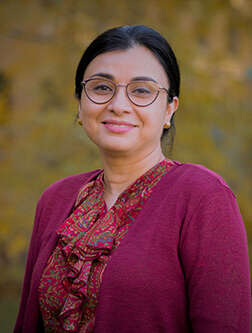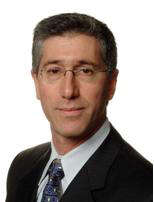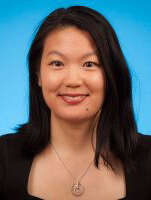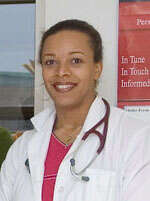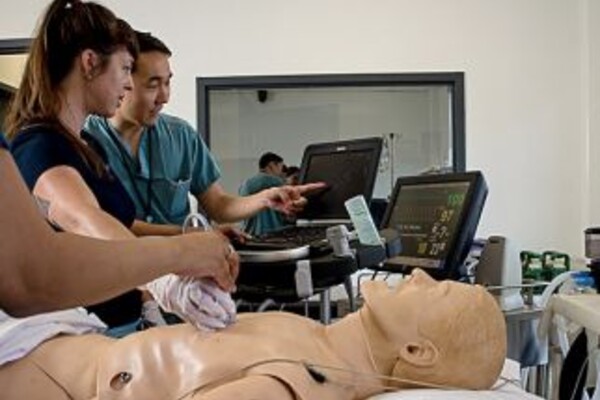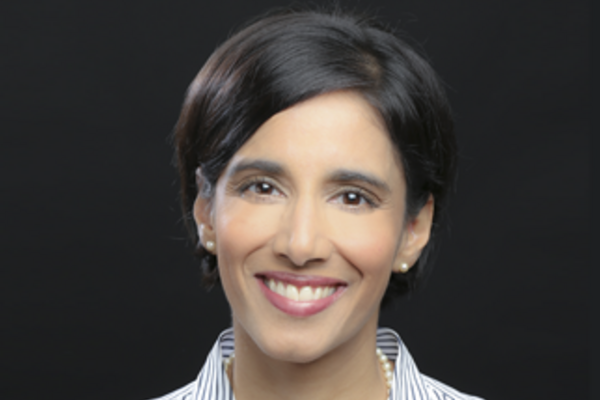Apr 5, 2021
Our Commitment to Creating a Culture of Caring and Inclusion: Introducing the Culture & Inclusion Leadership Team
About Us, Cardiology, Clinical Immunology & Allergy, Clinical Pharmacology & Toxicology, Division of Dermatology, Education, Emergency Medicine, Faculty, Endocrinology & Metabolism, Gastroenterology & Hepatology, General Internal Medicine, Hematology, Infectious Diseases, Medical Oncology, Nephrology, Neurology, Occupational Medicine, Physical Medicine & Rehabilitation, Quality & Innovation, Research, Respirology, Rheumatology, Palliative Medicine
